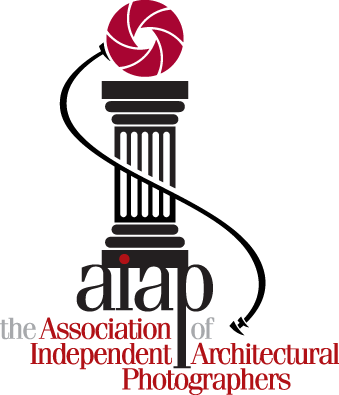We hear a lot about Search Engine Optimization (SEO) and Page Rank, but for many of us we simply hope for the best when we put up a website. This memo deals with one simple aspect of SEO that we can all easily implement, and subsequently improve the visibility of our personal websites.
One of the unique problems with photographer's websites is that they're usually "image-heavy" with very little text for a search engine to look at. One way around this issue is to make sure that your images have the proper descriptive text in the code. Here's a basic checklist when optimizing your website images:
1. Use preferred image formats. Search engines prefer to see PNG, JPG and GIF images--in that order.
2. Change file names from the camera-generated names (ex: I0F0690.jpg) to descriptive names with keywords important to internet searches. For example: residential-interior.jpg, or california-architectural-photographer.jpg. Experts recommend using dashes in file names rather than underscores due to the fact that search engines treat dashes like spaces.
3. Make sure that you include keywords in your alt text in the "![]() " tag. You've probably already got a good idea of what keywords are important for your website--using them here increases your chances of being noticed by search engines for those terms.
" tag. You've probably already got a good idea of what keywords are important for your website--using them here increases your chances of being noticed by search engines for those terms.
4. If you use your images as links, then always be sure to include keywords in your optimized "title" tag.
5. Make sure that the keyword text in your "alt" tags integrates well with your the plain text on your page, including the image name and the page title.
6. Always use image width and height attributes in your page code. Most website software tools generate this automatically when you insert an image.
7. Store your images on the same server as your pages. This may seem like an obvious thing to do, but many photographers link images from other websites such as their blog, Flickr and Facebook. Don't do it! Search engines will ignore your images.
8. Always utilize supporting text on your pages. Websites that are "image heavy" rank lower than those that strike a balance between text and images.
If you're still a bit unsure as to what Search Engine Optimization is all about, let me recommend that you download the free version of SEO Powersuite:
The free version offers a wealth of optimization tools that will have your website tuned up and noticed in no time.
